Regional Express Directed by: Milan Peschel
(It Burns) Directed by: Jacob Höhne
nach Alban Berg Directed by: Jacob Höhne
oder Die Sprache der Blumen Directed by: Gisela Höhne
#createyourown Directed by: Sandra Rasch
Directed by: Gisela Höhne
“You love and can’t find your beloved, you cry and do not know about whom you’re crying, you sigh and know that the other does not deserve this sigh.”
Doña Rosita, her cousin and lover Juan, her aunt and uncle, and a housekeeper live in the period around 1890 in a typical middle-class home in Granada whose life-giving greenhouse defies the dry environment that otherwise dominates the city around them. A unique species of plant grows in the greenhouse – a rose that blooms and withers on the same day.
Hopes for a grand wedding for Rosita and Juan abruptly come to an end in the first act, when Juan is called away on a journey of many days far across the sea – so far, in fact, that it’s not clear whether he will ever be able to come back again. Against all reason, he promises that he will return, and she promises to wait for him. Rosita, so it appears, wants to believe that he will return and that they will marry. Juan writes her letters from afar, Rosita replies to them, and the years pass. Then the greenhouse starts falling apart, the bull becomes sterile, the wedding never happens – and the virgin herself withers as time goes by. There’s no fulfillment here, and all the girls flee the dryness and drought, like in old-new rituals. They flee to Alhambra Palace to meet up with lovers in the night. Juan does not return; he has married another woman. Rosita gets old and turns grey, but she continues to hold on to her love.
Everything in Lorca’s “Doña Rosita the Spinster, or the Language of Flowers” is out of place from the very beginning. Nothing can be made right here. The course taken by the individual characters, as well as their relationships with one another, do not lead to any type of comprehensive whole. Interaction and cooperation that might lead to a different future is impossible here. Everyone holds on to the wrong things only, both individually and together, and the future is always somewhere else. It is only the longing for the communion of love that keeps the relationships between the characters from falling apart completely.
Director Gisela Höhne returns to RambaZamba for “Doña Rosita the Spinster, or the Language of Flowers.” Höhne, who founded the theater and served as its director for many years, has received numerous awards for her work, including the Order of Merit of the Federal Republic of Germany and the Order of Merit of Berlin. Along with the musicians Stefan Dohanetz (from the band Pankow) and Christof Hanusch, this production of “Doña Rosita the Spinster, or the Language of Flowers” also features the well known theater, film, and television actress Margarita Broich.
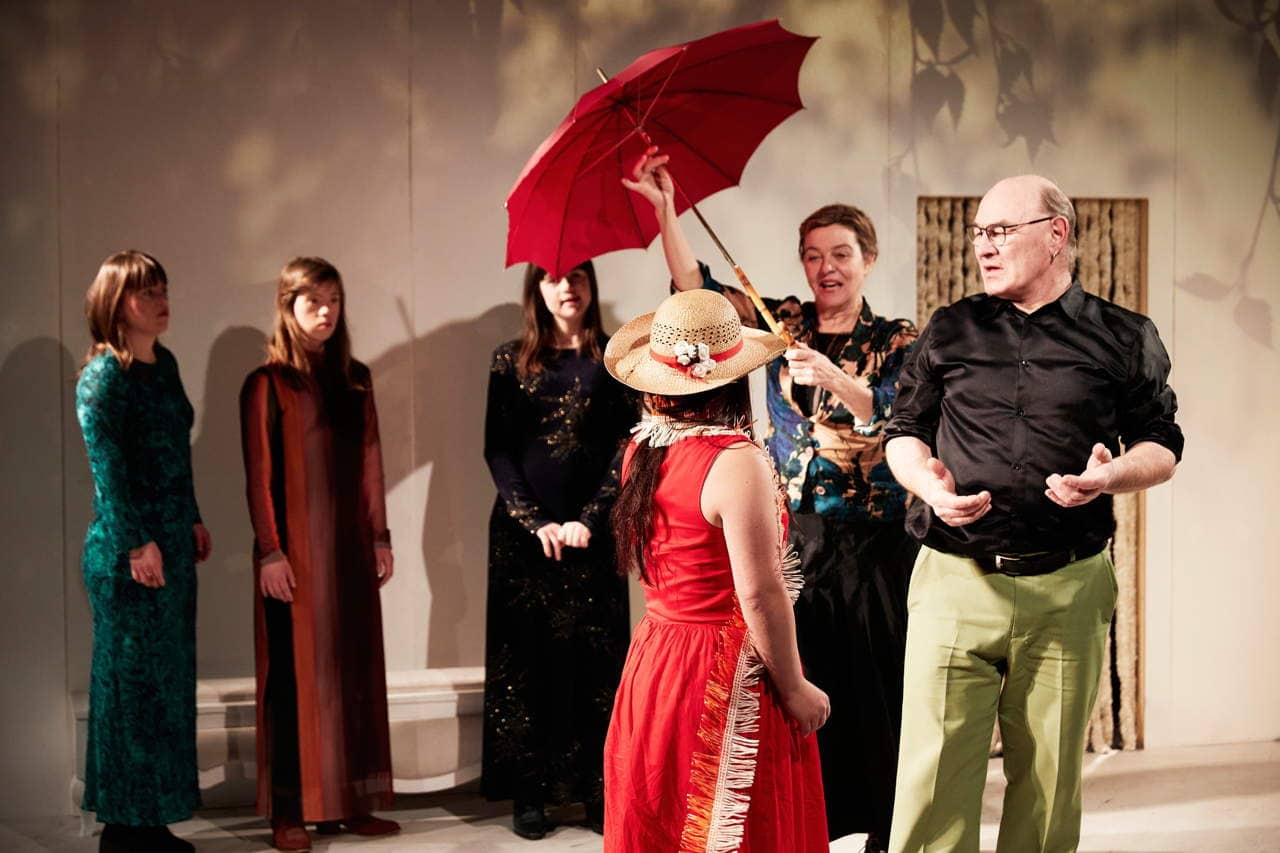
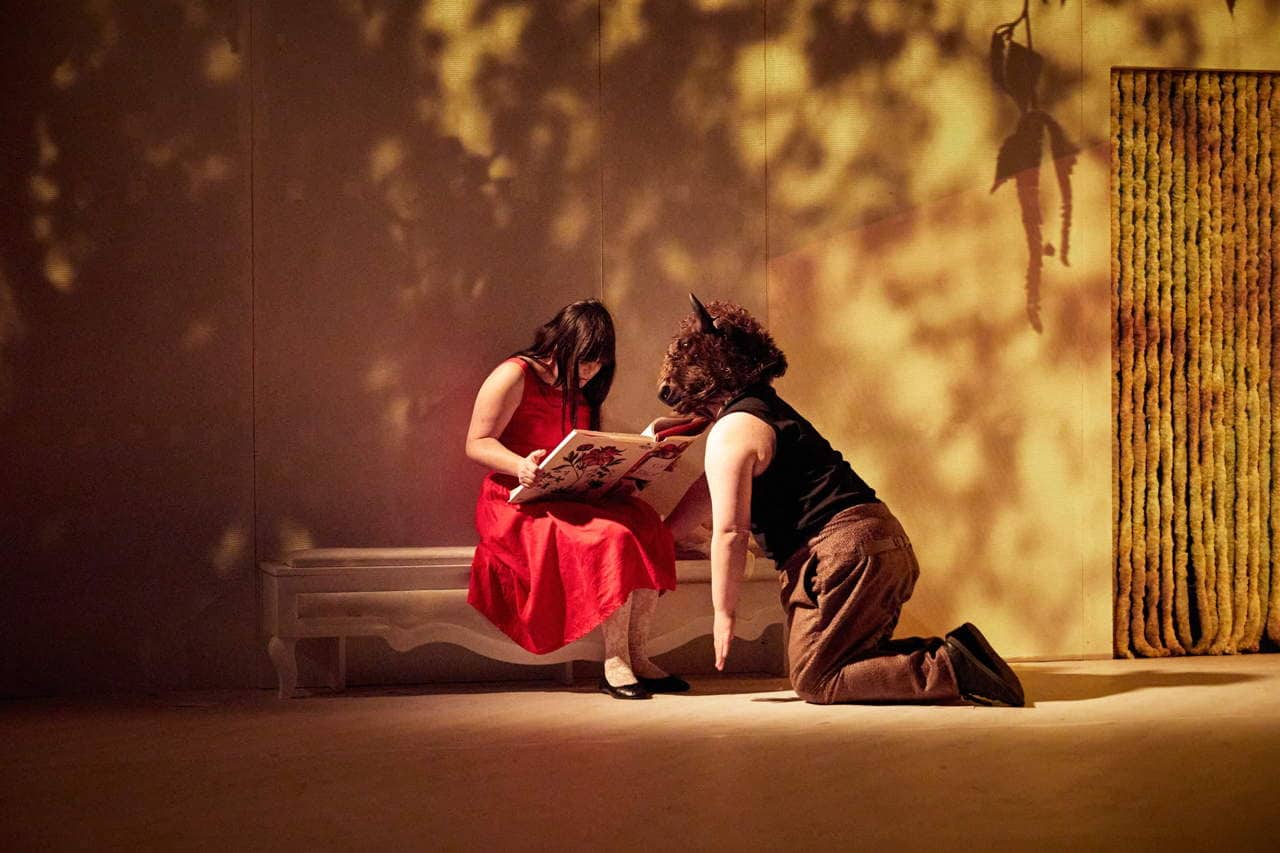
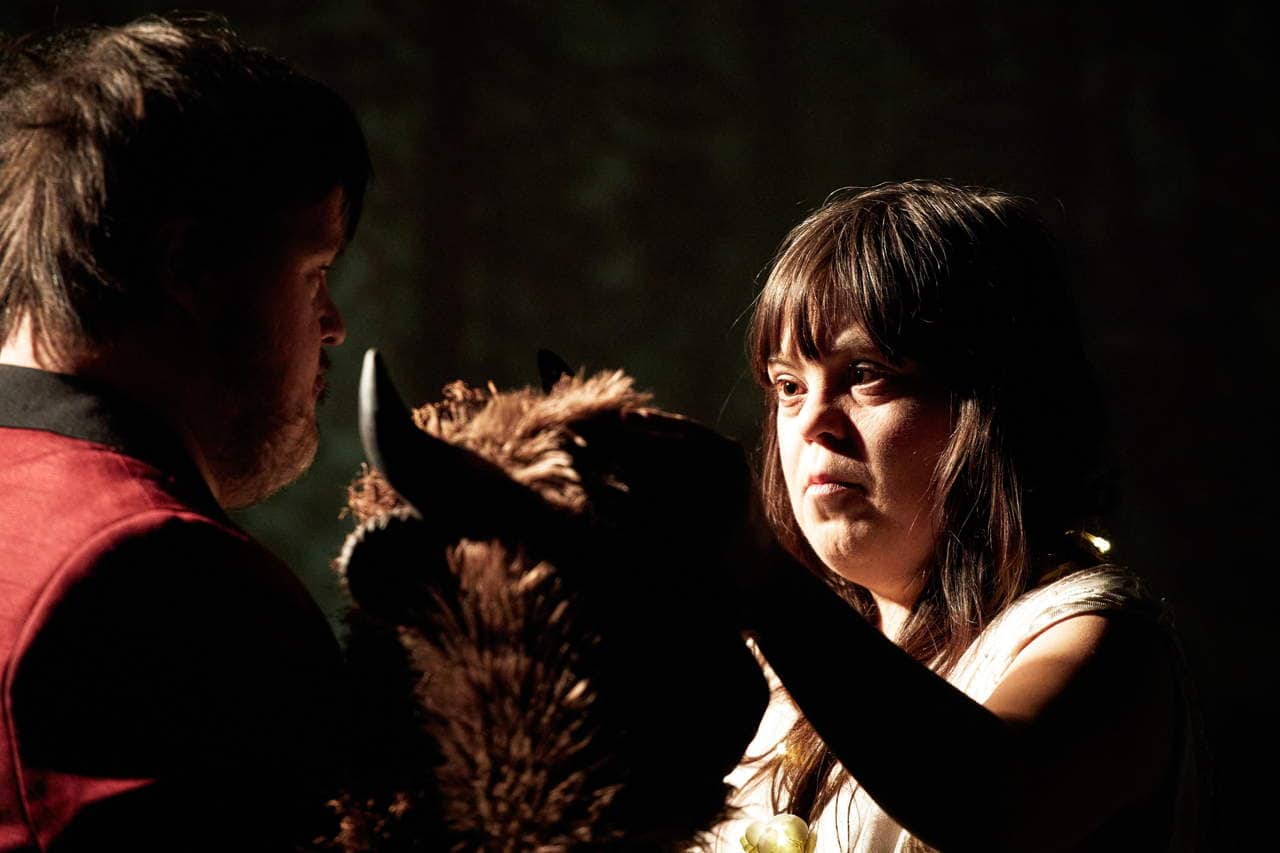
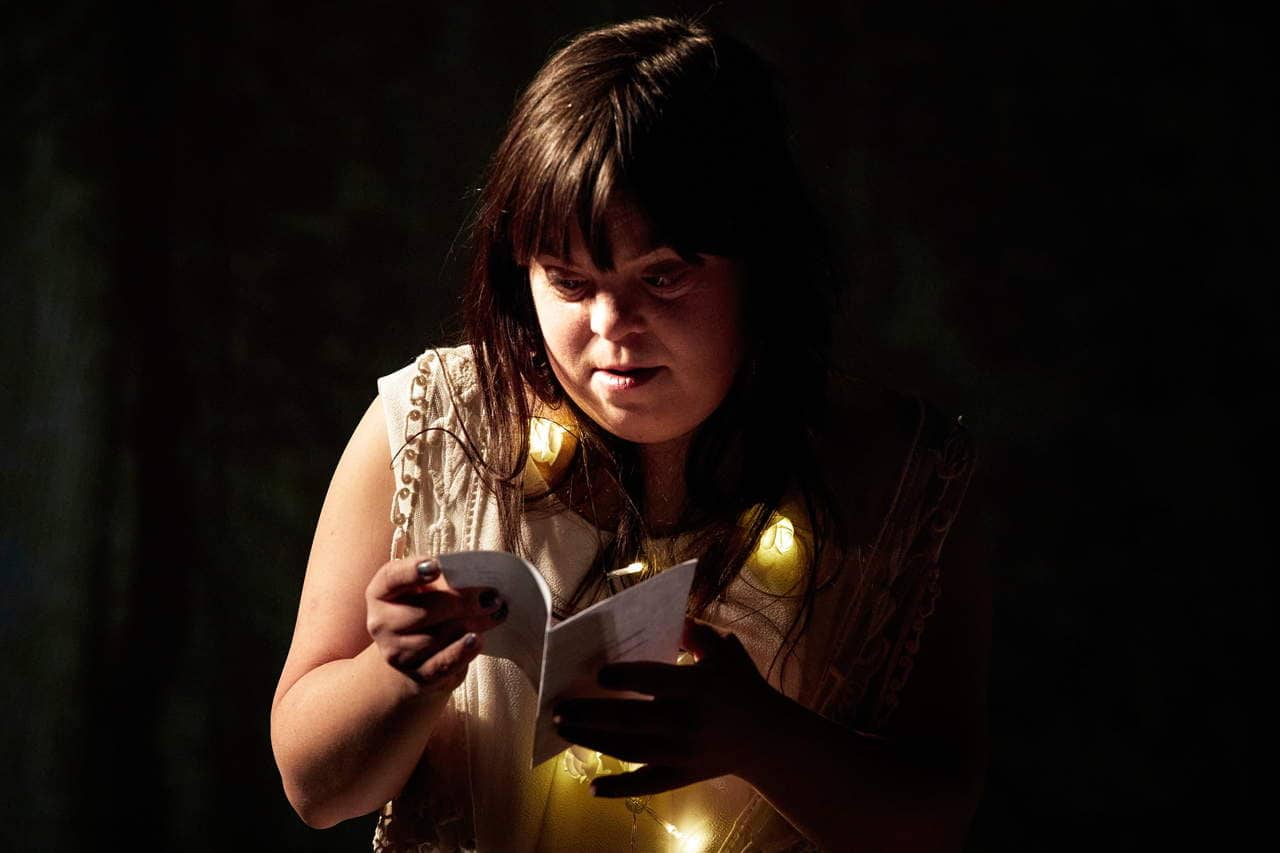
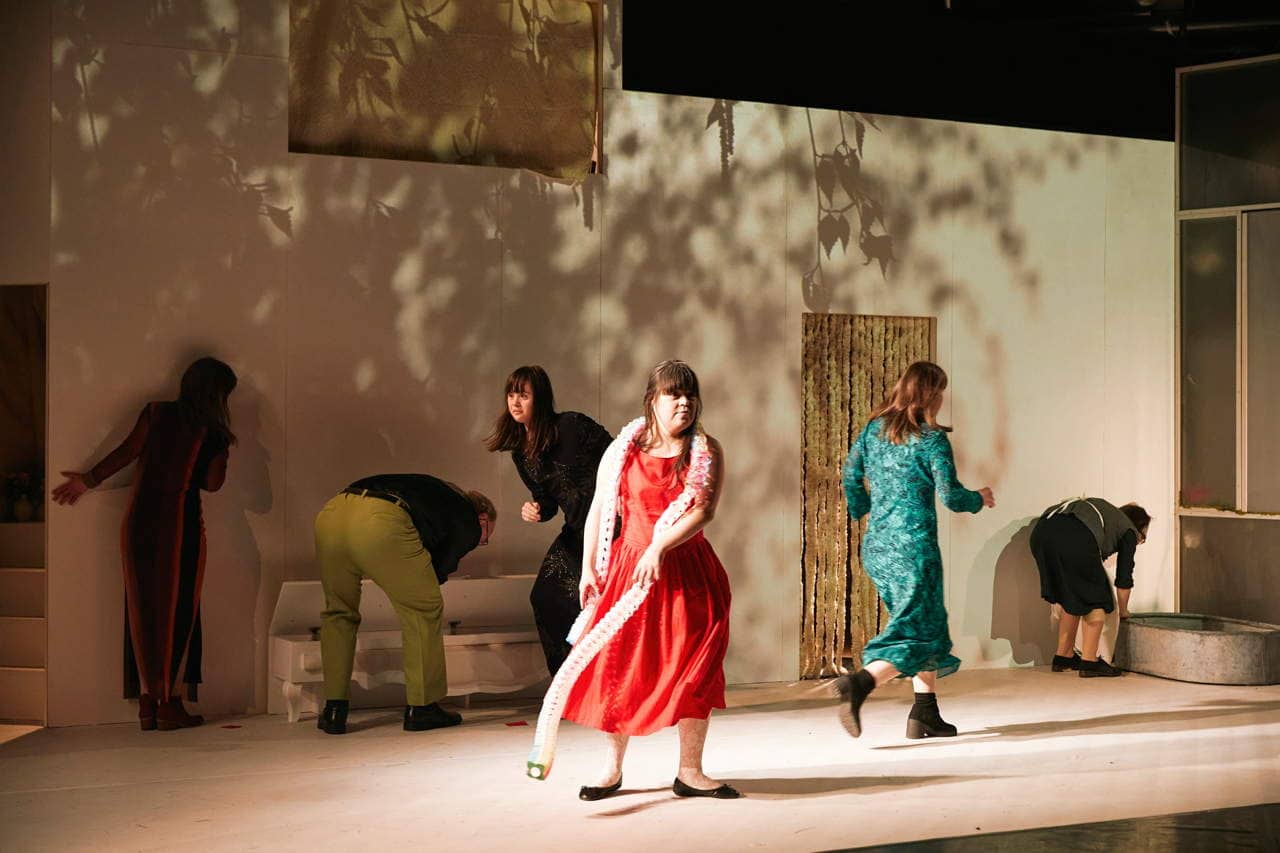
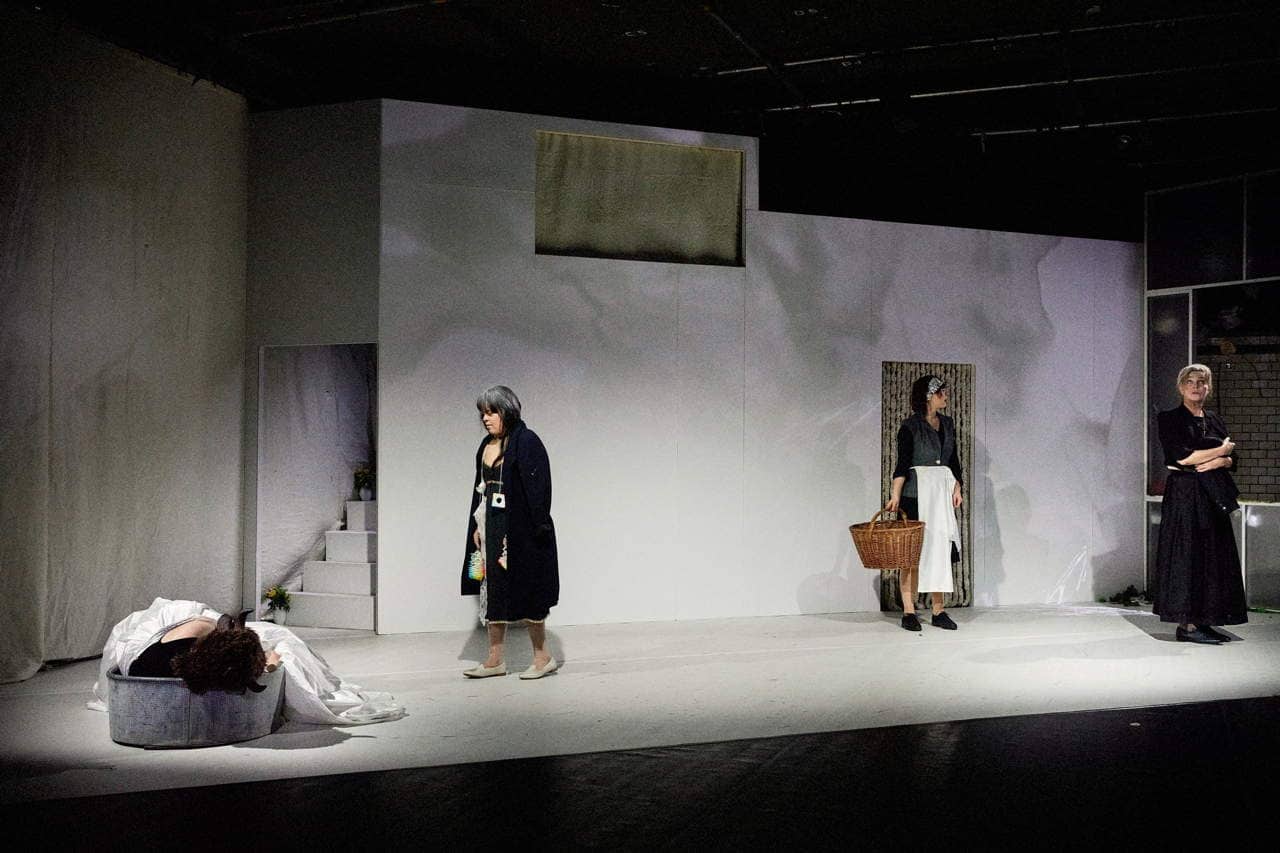
"Die Regisseurin Gisela Höhne, Gründerin und bis 2017 Leiterin des Rambazamba-Theaters, hat das Stück für und wegen Nele Winkler ausgewählt und mit feinem spanischen Flair inszeniert: als eine Art Haushofdrama von Frauen, zehn an der Zahl, die mehr oder weniger alle ohne Männer auskommen (könnten), jedoch ständig von ihnen reden und auf sie fixiert sind. Zwei wirken in ihrem zünftigen Schlagabtausch wie ein Ehepaar: Rositas Tante, gespielt - als Gast - von Margarita Broich (bekannt aus dem Frankfurter Tatort), und die energische Haushälterin, hingefegt vom Rambazamba-Publikumsliebling Eva Fuchs. Spanische Livemusik, laszive Tänze, Naturprojektionen, ein Schauspieler mit Stierkopfmaske - Höhne gelingen atmosphärisch stimmungsvolle Bilder." Christine Dössel, SZ